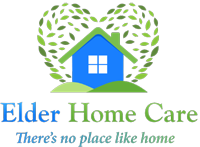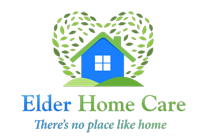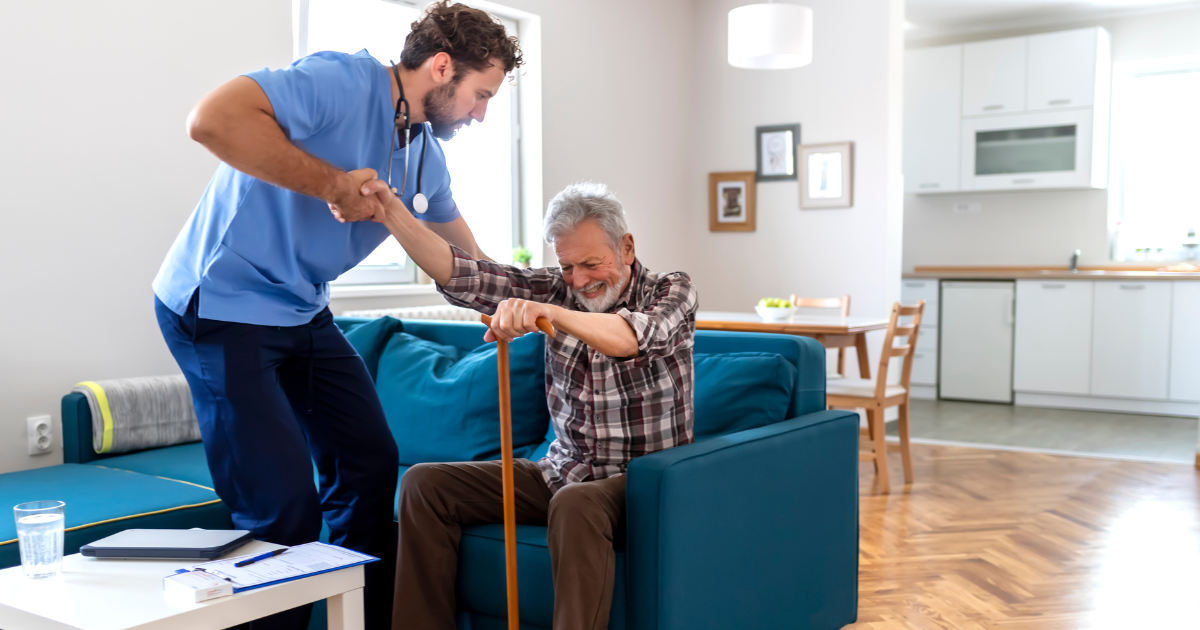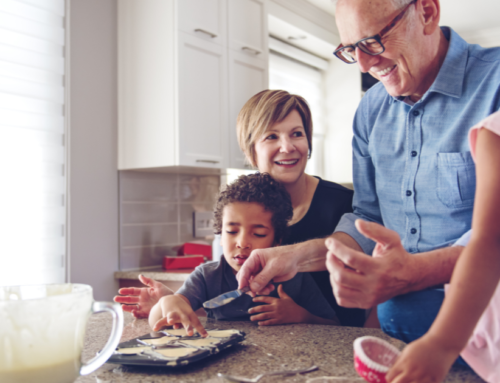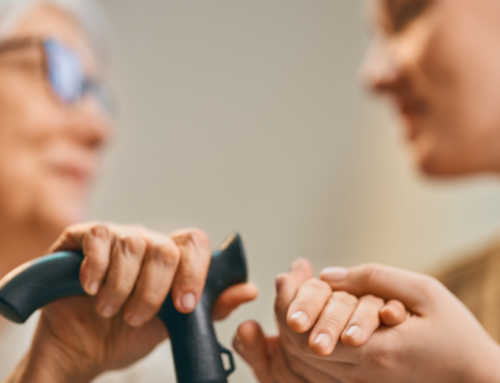Unless you’ve experienced being a family caregiver, you may have some misconceptions about the roles of both the caregiver and the care recipient. But don’t feel bad. Many of the nearly 40 million family caregivers in the U.S. believed some of the common caregiving myths before they began helping a senior loved one. Here are four of them.
Myth #1: Only people who are seriously ill or injured have family caregivers
Truth: Many healthy seniors are care recipients
They don’t have any major disorders, but due to getting older, they need assistance with some of the daily tasks they used to take care of themselves, such as:
- Activities of daily living (eating, bathing, dressing, etc.)
- Driving to doctor’s appointments, the grocery store, etc.
- Cooking
- Housekeeping
- Laundry
- Mobility (walking, transferring from bed to a chair)
Besides needing some help at home with these activities, they’re in excellent health.
Myth #2: All caregivers are women
Truth: About 40% of caregivers are men
Many male caregivers also help senior’s caring for a spouse needing assistance; or children whose parent needs a hand at home.
Additionally, many male caregivers help family members who work outside the home and perform their family caregiving duties during non-working hours. Fortunately, in our new work-from-home environment, many family caregivers can be at home more during their loved one’s waking hours but still require some caregiving assistance.
Myth #3: Caregivers don’t make any money
Truth: While many jobs are higher paying, caregivers earn a good wage, and many have health insurance and other employee benefits through their agency.
The vast majority of caregivers choose a career as a caregiver for reasons other than money, like having a job that makes a difference in people’s lives, a career in a recession-proof industry, and flexible hours that enable them to have a healthy work/life balance.
Myth #4: Family caregivers are on their own
Truth: Many family caregivers receive assistance from family and friends. Often, a spouse, children, other relatives, and close friends can lend a hand and help out the primary caregiver. Surprisingly, a recent AARP study showed that only 46% of caregivers ask anyone for help.
Agencies like Elder Home Care are also here to help. Our professional caregivers support family caregivers by being there whenever needed, whether a few hours a day, several days a week or around the clock. And we’re also available for occasional respite care, which provides family caregivers with a much-needed break to rest and recharge.
Call us today to learn more about our home care services. We’ve proudly served Nassau and we’d love to assist your family.
